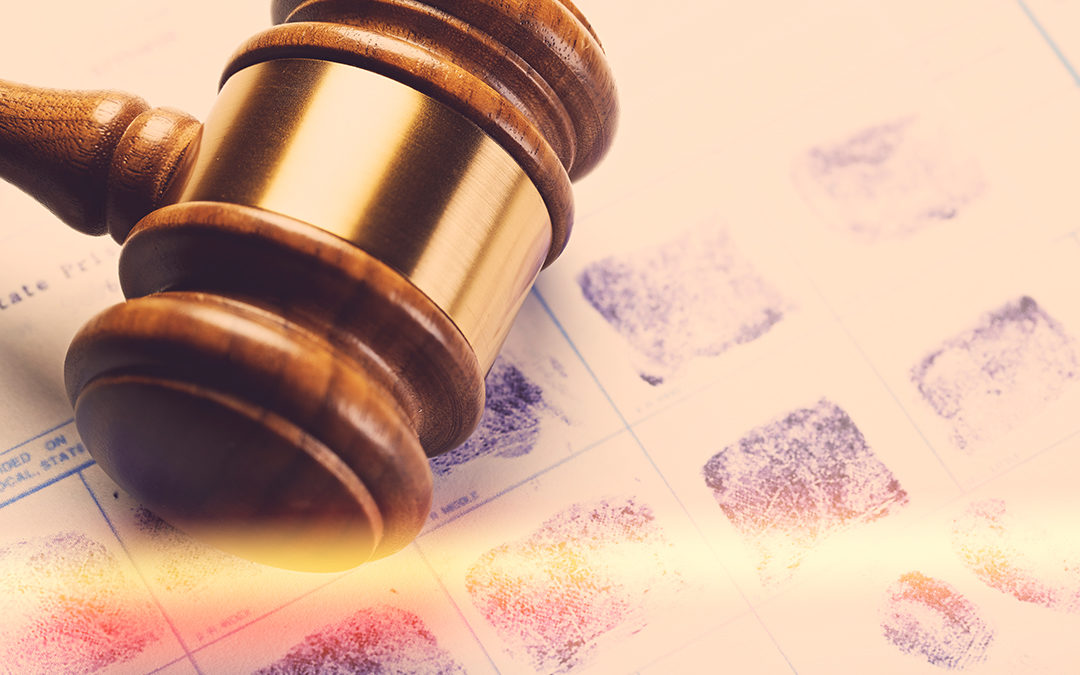News
No one is perfect, and we all make mistakes. But for some, those mistakes result in obtaining criminal records as teenagers or young adults. A criminal record never goes away and significantly reduces opportunities for potential in your life. One mistake can hinder a person’s ability to obtain a job, limit access to affordable housing, and strip away fundamental rights to vote and possess a firearm.
We receive a common question at Ludlum Law Firm – if we can help remove a criminal charge from someone’s public record. In some instances, a criminal charge can be removed in the form of an expunction.
What is an expunction?
Expungement refers to the process of sealing arrest and conviction records. Every state has enacted laws that allow people to expunge arrests and convictions from their records. Though the details can vary from one state to the next, most states’ laws prove that once an arrest or conviction has been expunged, it need not be disclosed, including to potential employers or landlords.
Eligibility for expungement.
Since an expungement can offer somewhat of a clean slate, one of the most important things that people can do is thoroughly research their jurisdiction’s expungement procedures. Start by checking with your county’s criminal court or even the law enforcement agency that handled your arrest. Specifically, ask the following questions about eligibility for expungement and the process that may be involved:
- What does the expungement process involve?
- When is a person eligible for an expungement?
- Is a particular offense eligible or not eligible for expungement?
- What are the consequences of expungement?
Expungement laws in North Carolina.
Unfortunately, expungement law in North Carolina is complicated and, in recent years, has undergone changes and expansions that only serve to complicate things further.
A nonviolent felony conviction that occurred before 18 can be expunged in some circumstances. To be available for an expunction in this instance, the petitioner must have no prior misdemeanor or felony convictions (except for traffic violations) and no subsequent misdemeanor or felony convictions within four years since the date of conviction.
For those who receive a felony or misdemeanor conviction after 18, an expunction is still possible, but the waiting period is longer. An expunction may be available, no matter the age of the petitioner, if they:
- Have only one nonviolent felony or misdemeanor conviction.
- Have not received any other misdemeanor or felony convictions (other than traffic violations) since the sentence.
- Fifteen years have passed, their sentence has been fully completed.
- They have no additional pending charges and have not previously had an expunction.
Another common circumstance where someone seeks an expunction is a result of a drug conviction before the age of 22. An expunction under NCGS 15A-145.2(c) allows for an expunction of a misdemeanor drug possession, misdemeanor drug paraphernalia conviction, and even some felony possession convictions that fall under NCGS 90-95(a)(3).
Notice that this type of expunction is allowed for some felony drug convictions that occurred after 18 as long as the petitioner has not reached 22.
[Is a clean slate one of your goals for 2021? Check out some other important legal goals here!]
While the three previous scenarios are common reasons, people seek expunctions, this not a definitive list. It is also possible to expunge juvenile records, gang offenses, prostitution offenses, and many other criminal convictions. Even if an expungement is not available, in some cases, restoration of one’s right to possess a firearm may be an option. Most people don’t realize that just being charged for a crime will likely show up on their record even if the charges were dismissed or resulted in a not-guilty verdict. That charge itself can often be expunged.
We are here to help you achieve a clean slate!
At Ludlum Law Firm, we understand that people can change, and we believe that one mistake does not define you. We have successfully assisted former clients in getting criminal charges expunged from their record so that they can pursue the American dream without being labeled as a criminal.
Don’t let your past hold you back from reaching your goals. If you are in the Duplin County or Sampson County area and have a previous criminal charge or conviction, contact one of our offices. We welcome the opportunity to help you seek an expunction or any other criminal, traffic, civil, estate planning, or real estate matter.

